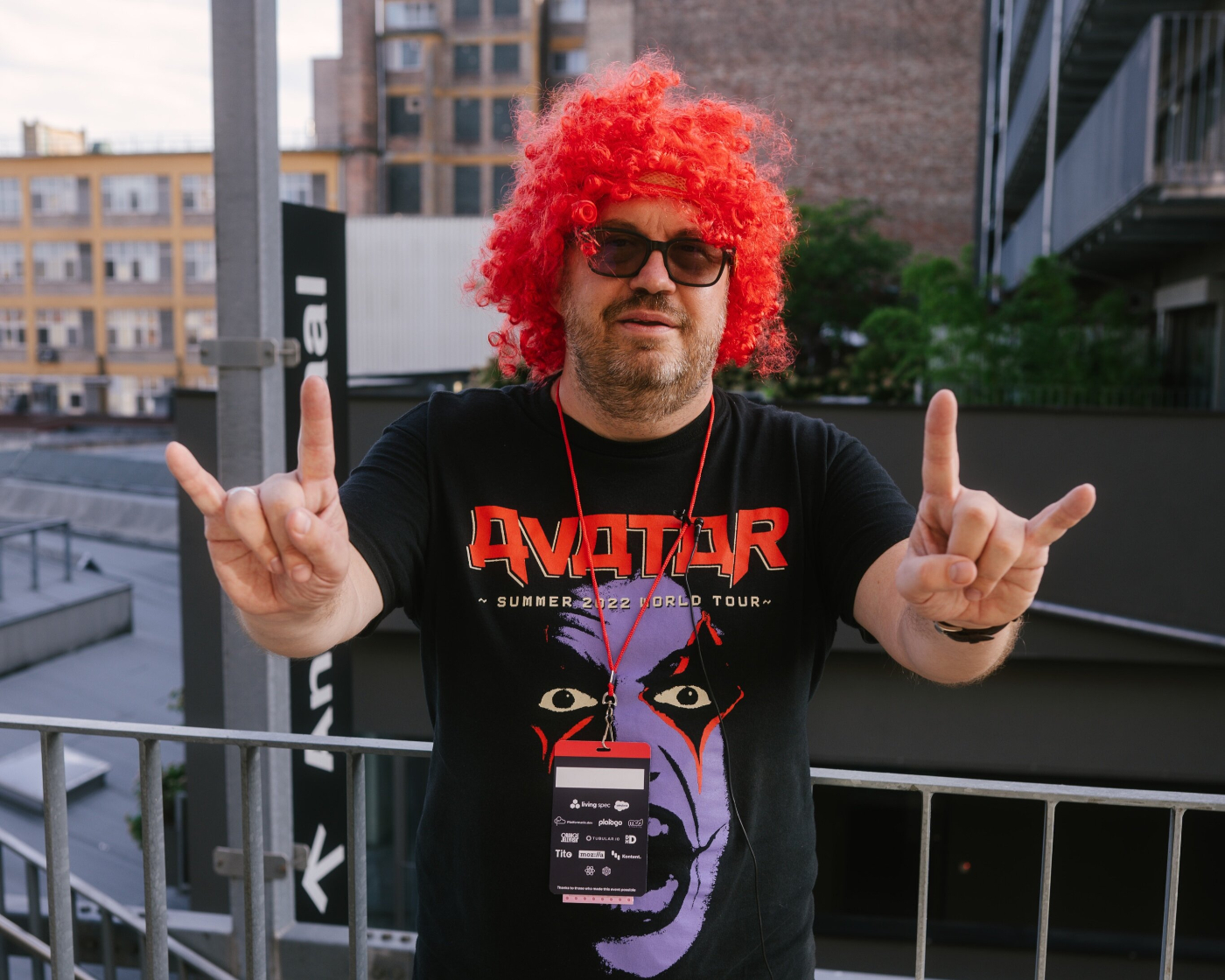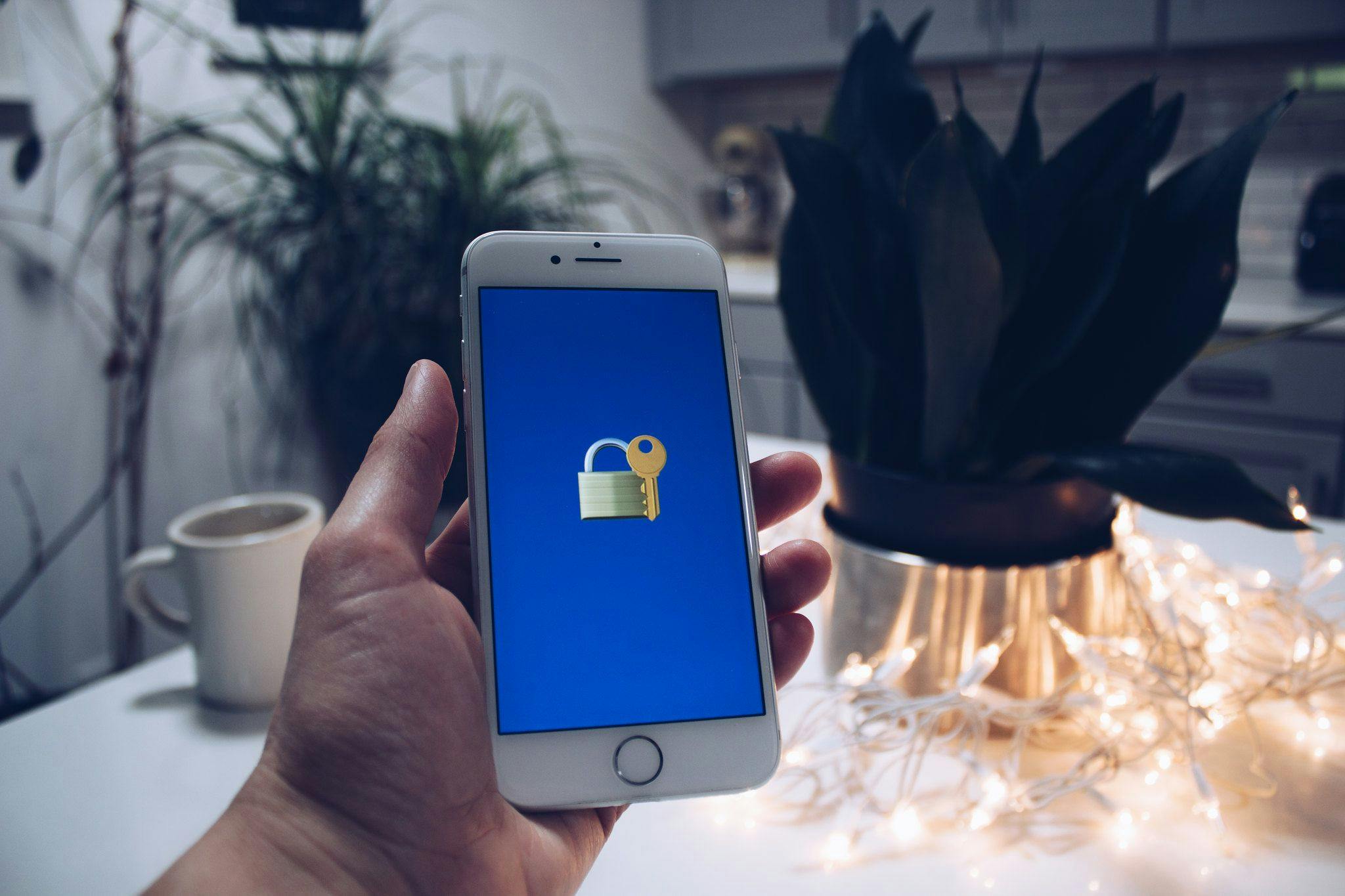2,999 reads
Bringing Back Data Ownership to Humans With Decentralizion
by
October 23rd, 2021
Audio Presented by

Human. Artist. Hacker: I care about free and open-source software, cybersecurity, privacy, and technology
About Author
Human. Artist. Hacker: I care about free and open-source software, cybersecurity, privacy, and technology
